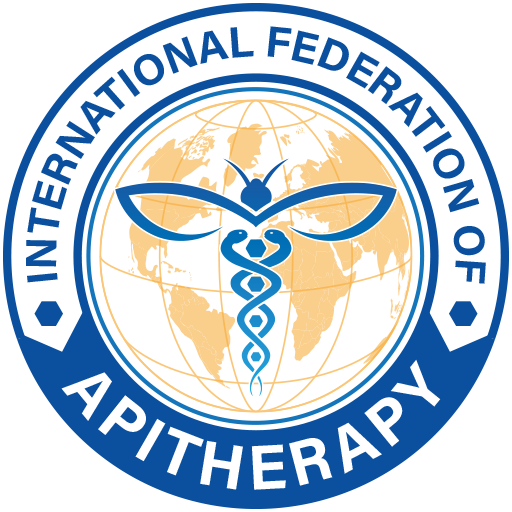
Dr. Verica Milojkovic
President
Dr. Verica Milojkovic (Serbia) was the president of our Permanent Education Commission.

Dr. Winfried Winter
President
Dr. Winfried Winter (Germany) was the president of our Permanent Medical Commission.

Dr. Povilas Rimkus
President
Dr. Povilas Rimkus (Lithuania) is the president of our Permanent Ethics Commission
